Choose from the following appointment options:
Individual
Active Adults group
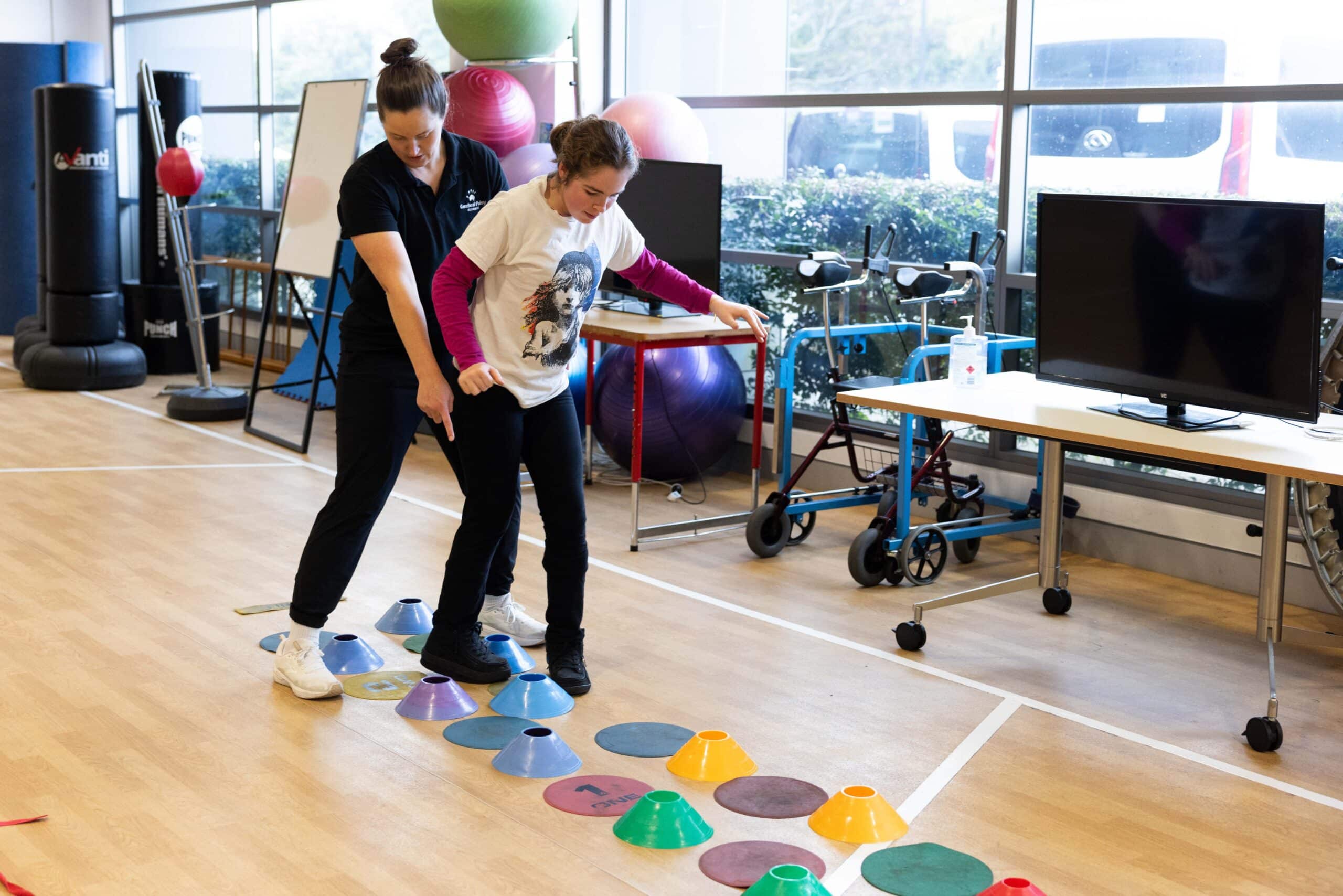
An Exercise Physiologist, or EP, is an Allied Health professional who has completed a minimum of 4 years of tertiary study and is accredited by Exercise and Sport Science Australia (ESSA). This ensures safe and effective exercise interventions are consistently followed for the prevention and management of chronic conditions and injuries.
At CPA, our ESSA accredited EP’s deliver individual and group based therapy using evidence-based, targeted exercise intervention to manage health and fitness for people with cerebral palsy and similar conditions. They prescribe holistic exercise programs and deliver education to support a continued healthy lifestyle and improve the individual’s quality of life.
The many benefits of regular exercise include:
Our fully accessible gym and clinic facilities offer people with cerebral palsy and similar conditions access to specialised equipment, in a practical and supportive exercise environment.
You can also access our exercise physiology services at our Allambie Heights hydrotherapy pool at, off site in community gyms and pools or virtually via telepractice.
Contact us directly or complete the form below to enquire.

Our therapy approach: Goal Directed Training
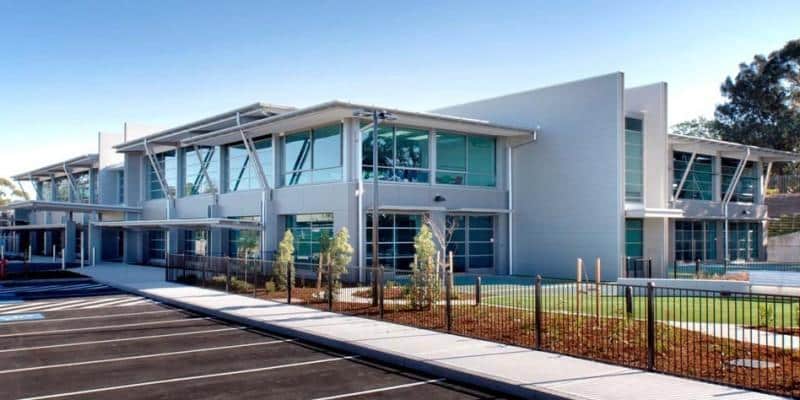
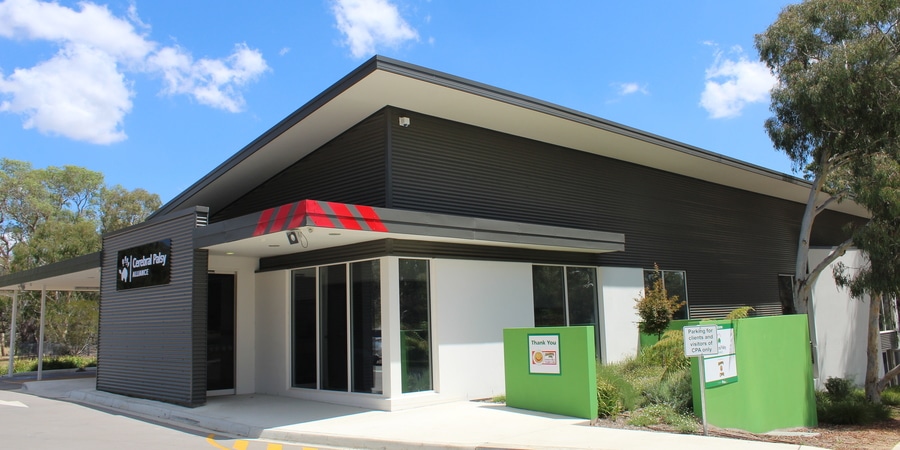
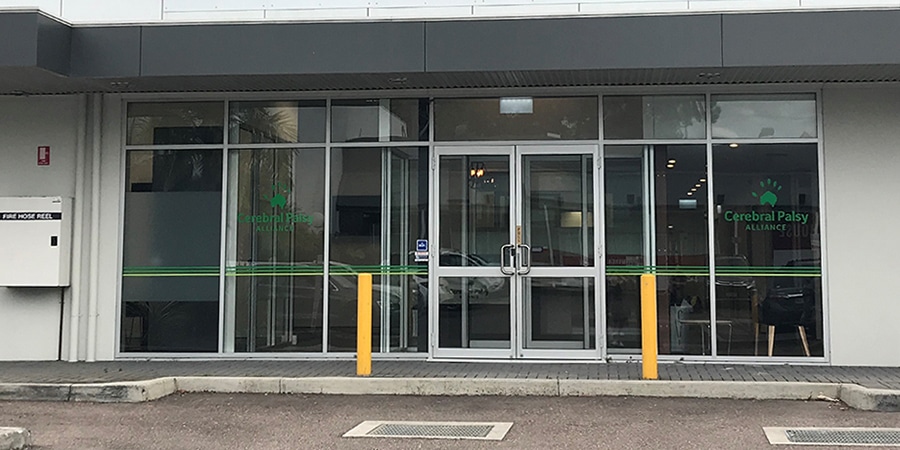
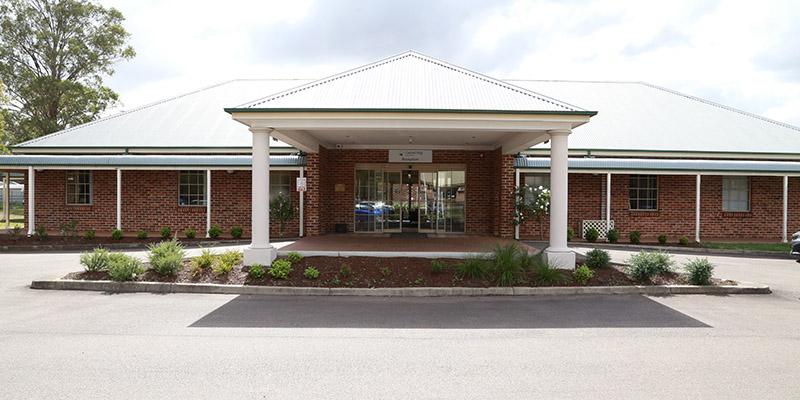

This service can be funded by your NDIS package
"*" indicates required fields
We will respond as soon as possible, between Monday-Friday 9:00am - 5:00pm